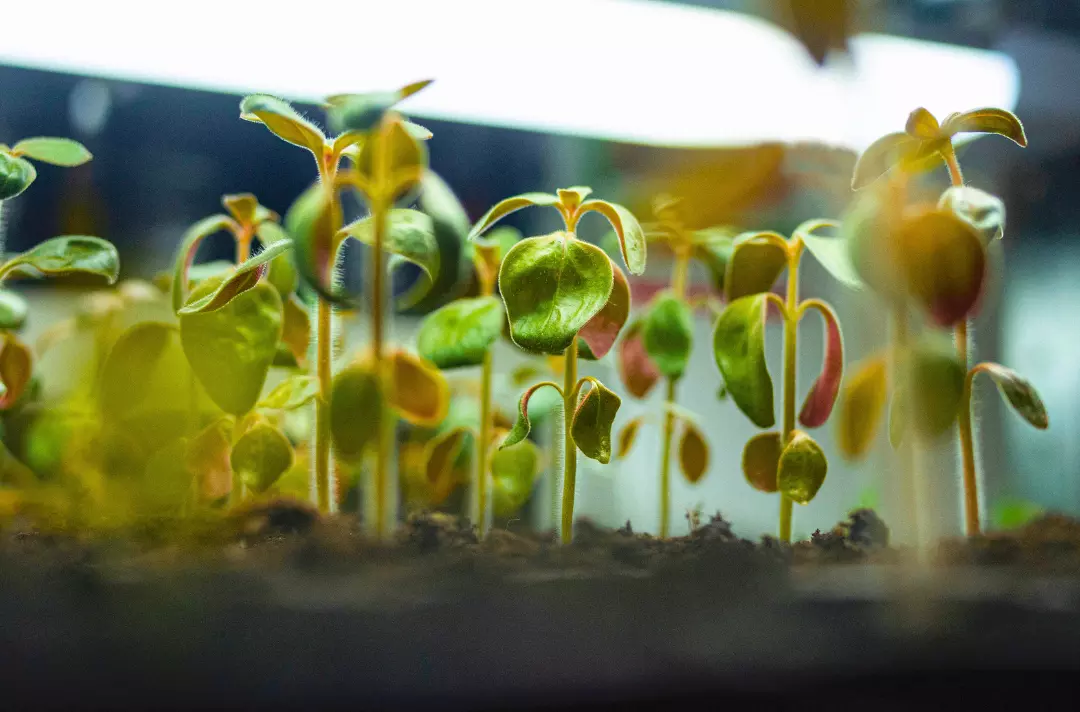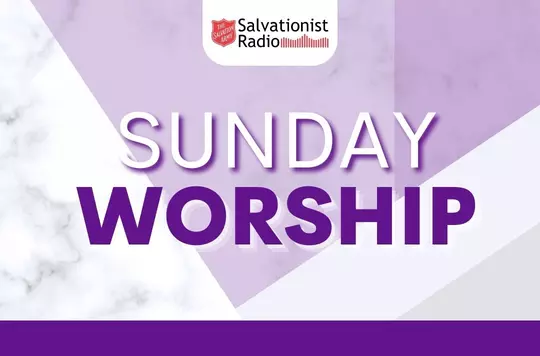2 September 2023
The parable of the sower
Jon Munn
Jon Munn digs out some principles of growth from the parable of the sower.
Key text
I love my garden and seeing things grow but I wouldn’t consider myself a gardener. When mowing the lawn and pulling up weeds some time ago, I was adamant that something amazing had happened. A plant was beginning to sprout that, to my novice eye, looked like mint. I took to Facebook with a photo and a caption: ‘I think I have some mint growing!’
What happened next, humbled in my gardening gloves, was finding out that I didn’t. Friends were commenting and laughing at me, letting me know that it was just a common nettle. How embarrassing!
Pause and pray
- Lord, thank you for your teaching. As we study your word, fill us and feed us with spiritual food. Help us to learn and grow in our understanding and also broaden our thinking as we delve into this parable. Speak to us. Help us to listen with open hearts and minds to what you are teaching us.
Our study passage is the parable of the sower. Picture the scene: a crowd has gathered around Jesus as he jumps into a boat to share a sermon full of promise, grace and love. Most of his congregation would have been aware of the concept of sowing.
I am often reminded of the incredible power of seeds. These small but mighty things have the power to produce leaves and fruits for us, and nature, to enjoy. With the right soil, water and nutrients, a seed has the potential to grow into something amazing.
As believers, we also have the potential to grow if the right conditions are around us. Being rooted in the correct soil gives us a stronger foundation to go out and be sowers of the gospel, sharing it with others.
The key part for me is that we have some control over this. If we are not willing to listen to God’s word, or we get caught up in the nettles (life) around us, it can hamper our growth. This parable gives us four points that can help guide us to a place where we can learn to be more intentional in our growth and then our ‘sowing’.
Jesus gave this analogy to his followers: ‘A farmer went out to sow his seed. As he was scattering the seed, some fell along the path, and the birds came and ate it up’ (vv3 and 4). Later, Jesus explains: ‘When anyone hears the message about the Kingdom and does not understand it, the evil one comes and snatches away what was sown in their heart. This is the seed sown along the path’ (v19).
Life can fill us with worries and anxieties. Sometimes it can be easy to have so much going on – in our thoughts and hearts – that we can be compacted too much to receive and soak in the word that God may have for us.
Jesus continued: ‘Some [seed] fell on rocky places, where it did not have much soil. It sprang up quickly because the soil was shallow. But when the sun came up, the plants were scorched, and they withered because they had no root’ (vv5 and 6).
The rocky places around fields have shallow soil where seeds cannot root properly. I can relate to this through times when I have been inspired by the word of God but life happens and the seed doesn’t have a chance to take root. It can be easy at these times to lose spiritual momentum. As we face the battering winds or scorching suns of life, at first, rocks can seem a good hiding place or a safe home.
Pause and reflect
- What do the ‘rocky places’ represent for you?
- What do you do in your own faith journey to combat this?
‘Other seed fell among thorns, which grew up and choked the plants’ (v7).
Like my ‘mint’, have you noticed how nettles can quickly overtake and suffocate seedlings? We can experience ‘thorns’ in our lives that hamper our growth and hold us back from our potential. For example, money, possessions, addictions, relationships, etc, can become ‘thorns’ in our souls.
Pause and reflect
- Have thorns hindered your relationship with Jesus?
- If yes, what does that mean for you in your journey beyond that moment?
‘Still other seed fell on good soil, where it produced a crop – a hundred, sixty or thirty times what was sown’ (v8).
Jesus speaks of the seed falling on good soil (see v23) and how it represents us hearing, appreciating and understanding God’s word. If we listen to, reflect on and put it into action, we can multiply its impact tenfold.
Jesus’ parable not only teaches about being rooted in the right soil, but also encourages his disciples to share the gospel. When sowing the good news, we can face hard ground – opposition, rejection or sometimes ridicule.
RT France, a New Testament scholar, writes: ‘Not all will respond, but there will be some who do, and the harvest will be rich.’
When we have thorns growing around us, towering over the loving grace of Jesus, it can be overwhelming and difficult to focus on him. But if we allow him, Jesus will tend the soil around us, making sure that we have every opportunity to be rooted in him. We will then have the right conditions to share his love more freely and confidently.
We need to constantly fill our hearts with the Holy Spirit. Then we will discover that we can do all things through him who gives us strength (see Philippians 4:13).
Pause and reflect
- What helps you to remain rooted in Jesus?
- How will you focus more on Jesus this week?
- How might you share your faith and God’s love with one person this week?
Bible study by

Jon Munn
Pioneer Leader, Faversham Fresh Expression
Discover more

This online course is an introduction to pioneering and forming fresh expressions of church.

Encouraging, supporting, training and deploying pioneers across the UK and Ireland.


